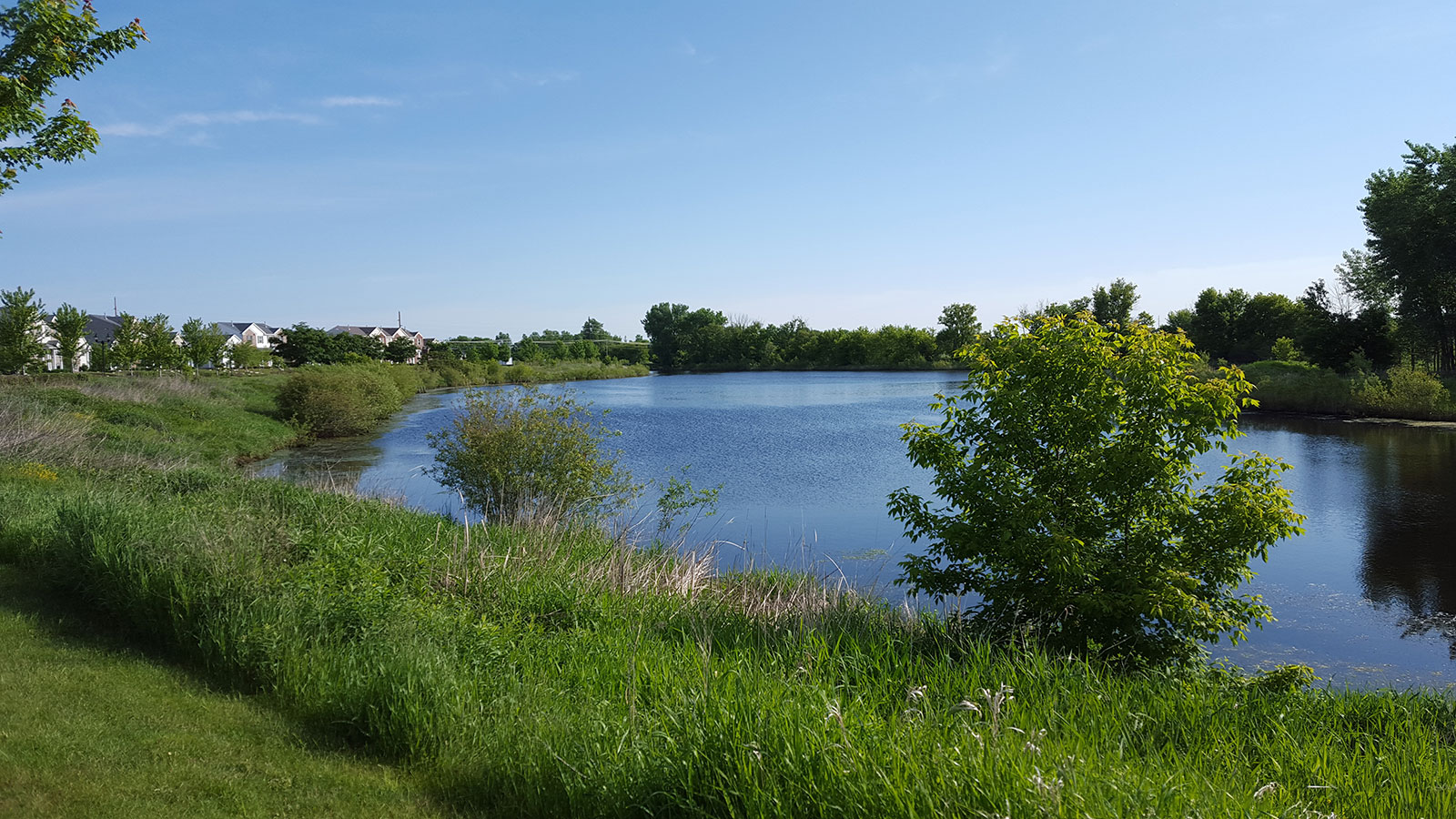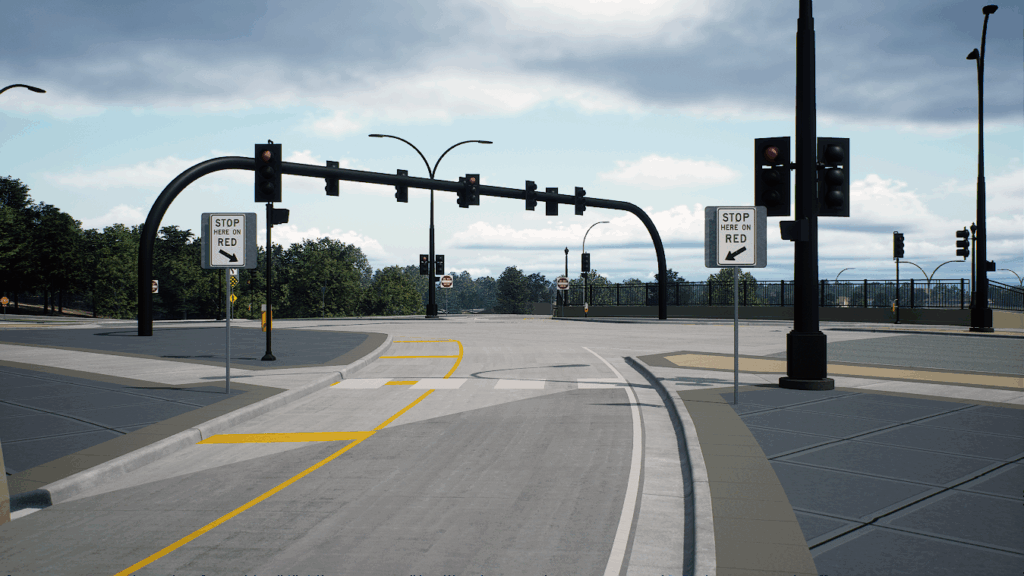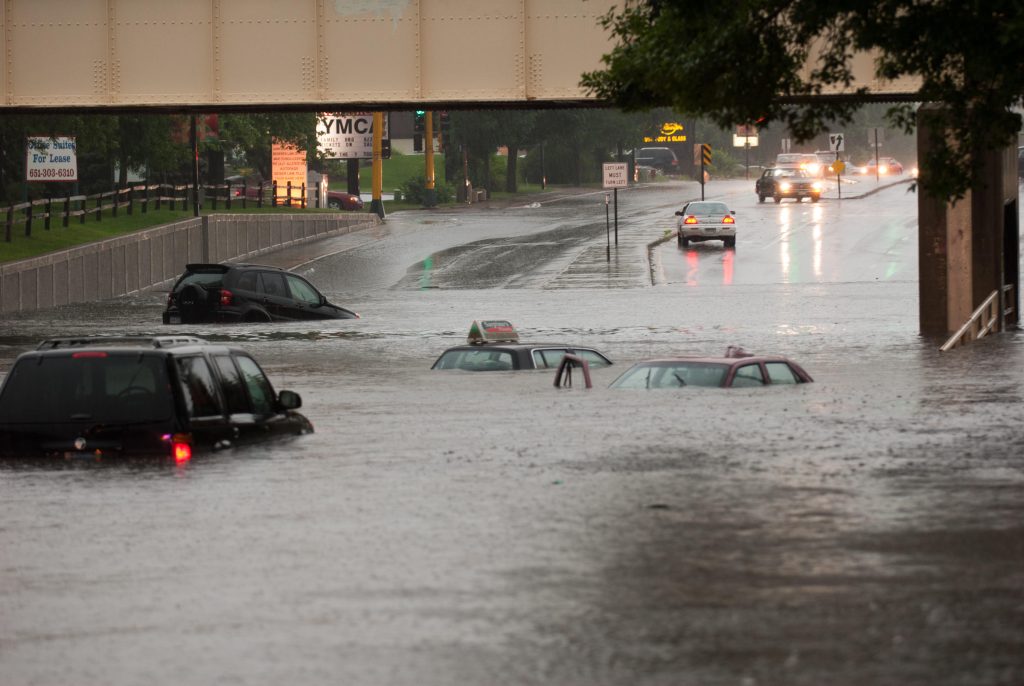Insights
Partnering with the city of Hugo to create a sustainable water reuse strategy

By Mark Erichson, Pete Willenbring, Kendra Fallon and Ray Theiler, WSB
About 10 years ago, the City of Hugo was looking for feasible options to reduce the amount of potable water used to irrigate green spaces within the city. At that time, approximately one-half of the water the city pumped from its municipal wells was used for irrigation. The city was also facing the need to add wells, water towers, and treatment to provide enough capacity for this use. Studies indicated the cost for these facilities was going to increase water bills significantly, and the MDNR was reluctant to grant additional groundwater appropriation permits in the area.
To address this issue, the city and WSB staff developed a list of potential options, and the city commissioned WSB to focus on completing a series of studies to determine if it would be technically, financially, and politically feasible to collect, store, and re-use stormwater runoff instead of city well water for this purpose. Furthermore, the study was focused on potentially utilizing existing stormwater retention and treatment ponds that are currently in-place throughout the city for this purpose. As part of these studies, initial evaluations focused on the ability to implement this type of program for the city’s largest irrigation users. These evaluations found that providing stormwater for re-use to these users was indeed feasible, and furthermore, when properly set-up, residents were enthusiastic supporters of the practice and program. Following these initial successes, our team began to coordinate with city staff and local partners to fund, design, and construct other reuse systems.
Reducing, reusing, and replenishing water resources is now a city prioritized conservation practice. All new development projects are required to collect and treat stormwater, and install stormwater reuse systems for irrigation when feasible and practical. This reuse also significantly reduces the volume of stormwater and the pollutant load that is discharged downstream of the sites, further benefiting downstream natural resources such as wetlands, lakes, and rivers.
We continue to offer guidance about sites that may be a good fit for reuse systems. When these are identified, we work with city staff and the local watershed district to identify and secure grant funding for new projects and encourage developers to implement water conservation practices such as stormwater reuse. Several private developments have been able to take advantage of this partnership, including the Oneka Ridge Golf Course and the Water’s Edge Homeowners Association, a 1,000 unit housing development. Grants have funded between 25 and 85 percent of reuse projects. Where projects utilize water reuse which exceeds what is required for stormwater management, volume reduction credits are banked. These credits are tracked by the City and can be purchased by developers for future projects where site constraints make onsite stormwater treatment difficult.
Shifting the public perception of water reuse is important to a project’s success. We partnered with city officials to facilitate neighborhood meetings to educate residents on water reuse and its benefits. Public living in proximity to these reuse projects will benefit greatly by improved water quality in adjacent downstream water bodies, while also reducing reliance on our stressed groundwater resources.
Stormwater reuse offers a number of financial and environmental benefits to the city of Hugo and its residents. By identifying and utilizing alternate water resources to reduce potable water demands, the city is able to reduce the stress placed on its water system, possibly postponing or eliminating the need for additional water infrastructure improvements such as wells, towers and size of trunk watermain facilities.
As groundwater demands increase, Hugo and WSB will continue to work together to change local water use practices and attitudes towards water reuse and water conservation.
Please contact us to learn more about how to incorporate more water reuse strategies in your community.



